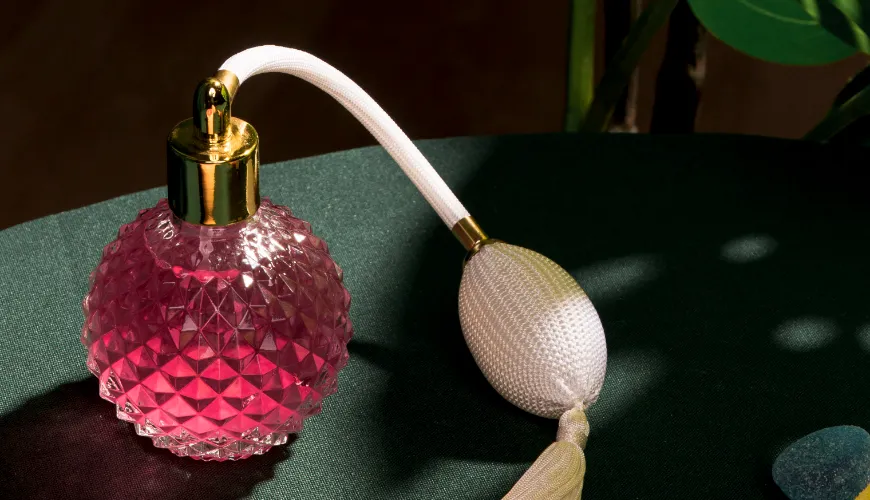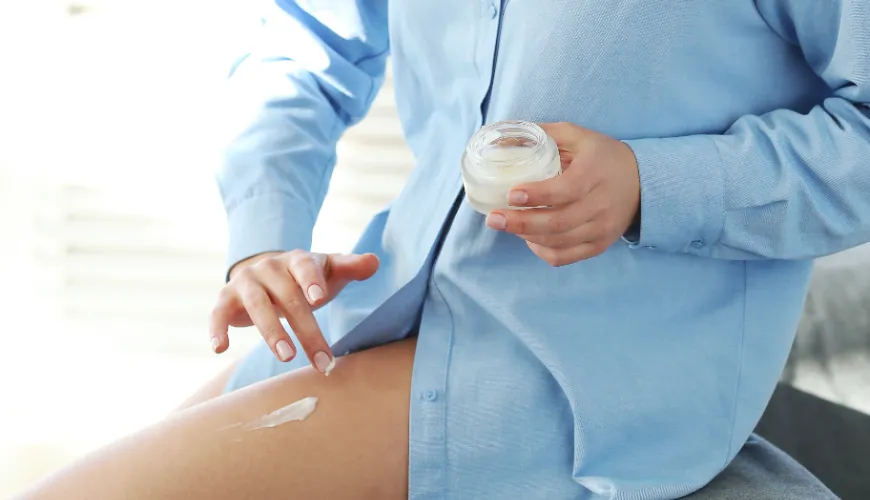
Healthy hair begins with natural color without chemicals

Natural Hair Dye - Beauty Without Compromise
Hair coloring is a part of appearance care that can not only refresh the overall impression but also boost self-confidence. However, many people are unaware of the consequences that chemical dyes can have on the health of hair and scalp. Traditional permanent dyes contain aggressive components like ammonia or hydrogen peroxide, which can lead to damage to hair structure, loss of hydration, and weakening of hair follicles.
An alternative that offers not only a natural appearance but also gentle care is natural hair dye. It uses the power of plant extracts to achieve the desired shade without burdening the hair with chemicals. With regular use, it helps strengthen hair fibers, adds shine, and supports overall vitality.
How Does Natural Hair Dye Work?
Unlike synthetic dyes, which penetrate deep into the hair fiber and change its natural pigment, natural hair dye acts on the surface. Pigments bind to the hair cuticle, creating a protective layer that not only provides color but also protects against damage.
This method of coloring ensures that hair remains healthier and is not exposed to aggressive chemical processes. Moreover, the color gradually washes out, meaning that the transition between roots and colored parts is much more natural than with synthetic dyes.
The resulting shade depends on the original hair color and the plant ingredients used. While henna provides copper and red tones, indigo allows achieving brown to black shades. On the other hand, cassia acts as a natural lightener, giving hair golden highlights.
Benefits of Natural Hair Dye
One of the main reasons more people are choosing natural hair dye is its gentleness. Unlike chemical alternatives, it does not contain toxic substances that could disrupt the balance of the scalp or weaken hair structure. Thanks to its plant-based composition, it not only colors but also nourishes and protects the hair.
Another benefit is the natural appearance of the resulting color. Natural pigments act more gently, and the shades are not as drastic, ensuring a harmonious and healthy look for the hair. The color also washes out evenly, so regrowth is not as visible as with traditional dyes.
A significant advantage is the environmental aspect. Natural dyes are biodegradable and do not contain substances that would burden the environment. The production of these products often occurs sustainably, making them an ideal choice for those seeking eco-friendly cosmetics.
Transition to Natural Dye
If you have been using chemical dyes for a long time and have decided to switch, it is important to be aware that transitioning to natural hair dye may require some patience. Chemical dyes disrupt hair structure and leave residues of synthetic substances that can affect the first application of natural dye.
Before starting with natural coloring, it is advisable to let the hair regenerate for a few weeks and cleanse it from silicones and other chemicals. It is ideal to use natural shampoos without sulfates and silicones, allowing hair to naturally cleanse.
The dyeing process itself requires a slightly different approach than chemical dyes. Natural dyes are often applied in the form of a paste and need a longer time to act for the pigments to properly bind to the hair fiber. The result may slightly change in the first few days after application – the color usually gains intensity within 48 hours as it fully develops.
Try our natural products
Myths About Natural Dyes
Many people still believe that natural hair dye is not as effective as chemical variants. However, the truth is that properly selected plant ingredients can create a wide range of shades from light golden to deep black.
Another common misconception is the belief that natural dyes last a shorter time. Although the color gradually washes out, this is not a sign of weaker effect. On the contrary, with regular use, pigments layer in the hair and create a long-lasting effect that simultaneously strengthens the hair structure.
People are also concerned that natural dyes will not be able to cover gray hair. In reality, henna and indigo can very well cover gray hair, with the resulting color slightly varying depending on the natural pigmentation of the hair.
Why Natural Hair Dye is Becoming a Trend
Today, there is a growing interest in cosmetics that are gentle not only on human health but also on nature. The demand for eco-friendly and organic products is continually rising, and natural hair dye is one of the products that perfectly meet these requirements.
More people are realizing that beautiful hair is not just about color but also their overall health. Using natural dyes contributes to the long-term quality of hair, minimizes the risk of allergic reactions, and supports sustainable self-care.
If you are looking for a way to care for your hair gently, effectively, and without unnecessary chemicals, natural dye might be the right choice. It not only provides hair with a beautiful shade but also supports their health, which is becoming increasingly important today.
Choosing natural dye is not just a matter of beauty but also a lifestyle. A conscious approach to hair care can be the first step towards a broader shift towards a more eco-friendly and healthy way of life.







